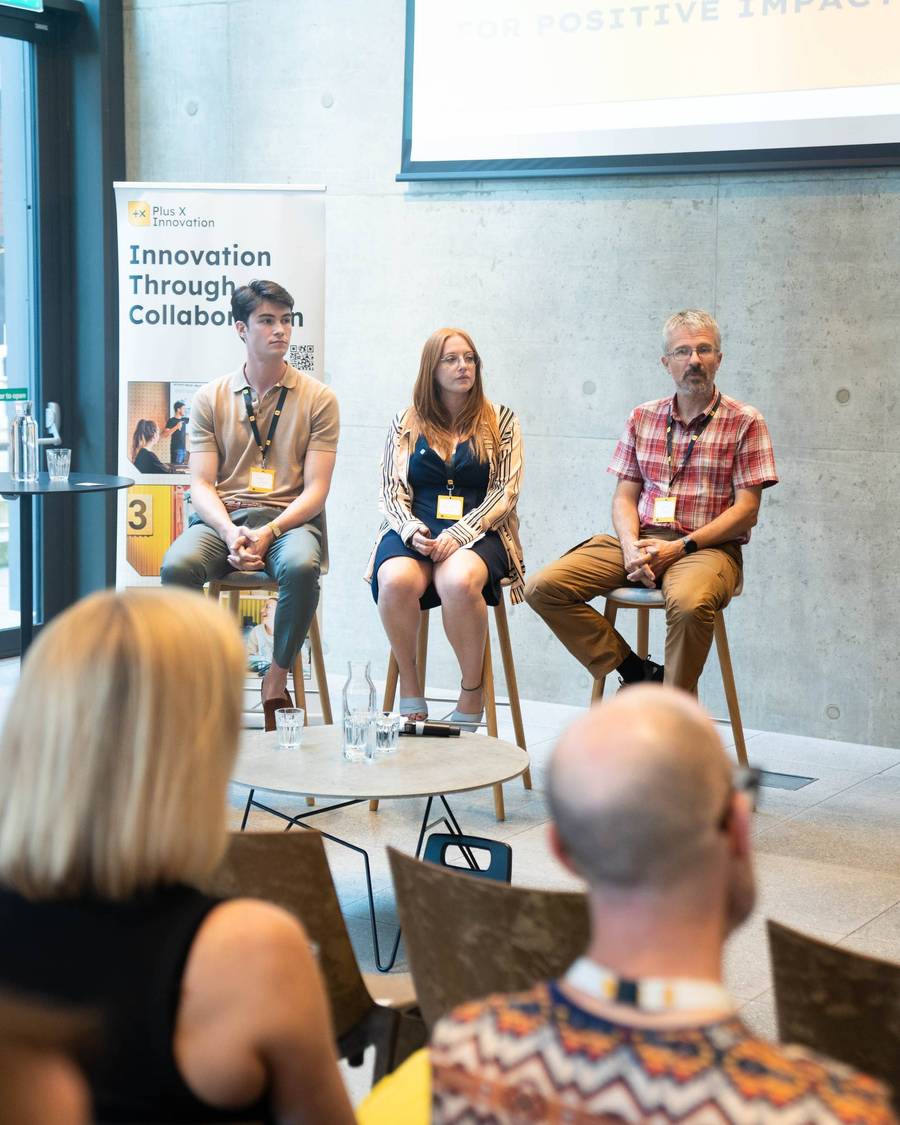Workshop sessions: Introduction to 3D printing
Learn how to use the most popular rapid prototyping tool in the workshop: the 3D printer. Whether you're a design graduate looking to enhance your making skills, an entrepreneur developing a new product, or someone simply eager to explore the world of additive manufacturing, this session is for you.
In this full-day session, we’ll work on a 3D printed project, taking it from design in CAD software, through to preparing it for printing, and producing a printed part. We’ll see the results and learn about design optimisation, common printing pitfalls and cutting edge techniques to produce better 3D-printed parts, faster.

Programme Highlights
How to Use a 3D Printer:
Hands-on training on setting up and operating a 3D printer. Understand the fundamentals of machine operation, material selection, and safety precautions.
Design for 3D Printing:
Learn how to create and modify designs specifically for 3D printing. Understand the limitations and possibilities of this technology.
CAM/Slicing Software:
Dive into software that prepares your CAD designs for 3D printing. Understand the slicing process and how to optimise settings for different outcomes.


Key Benefits
Hands-On Learning:
Gain practical experience with 3D printers.
Design Tools:
Learn about accessible 3D printing design tools, including beginner and free options.
Prototyping Skills:
Understand how to get from a digital CAD model to a physical 3D printed part.
Expert Instructors:
Learn from industry professionals with years of experience in CAD and 3D printing.
Networking Opportunities:
Connect with like-minded individuals and professionals in the field.
For more infomation visit Mayor of London and GOV.
Who Should Attend
- Aspiring Makers: Anyone with an interest in learning about 3D printing.
- Design Graduates: Enhance your making skills, and learn how to design for the process.
- Early-stage Product Developers: Ideal for those developing a product idea or running a freelance/side hustle product business, aiming to gain better insights into common prototyping processes




